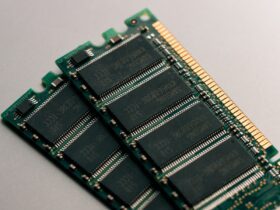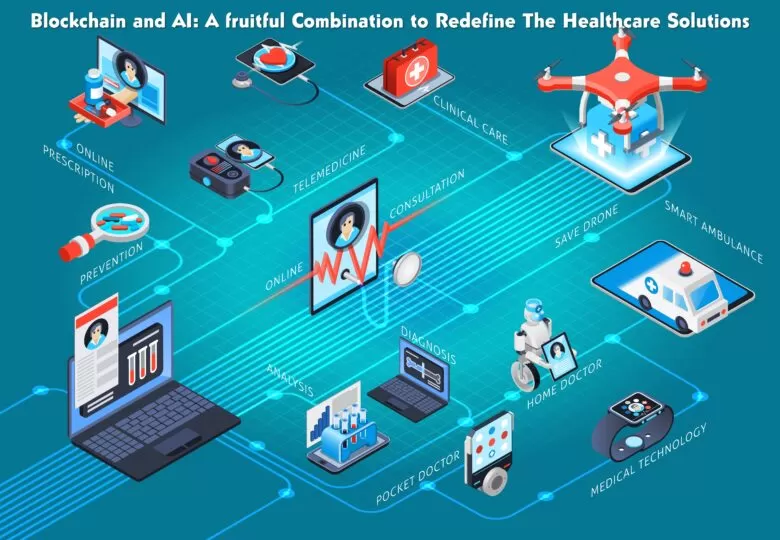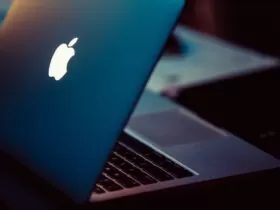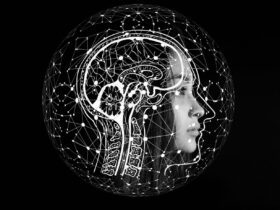There have been several significant breakthroughs throughout the latter part of the twentieth century and the early years of the twenty-first century, Blockchain stands out as a technology that has had a profound effect on our world and our way of life.
This innovation is not simply aimed at the monitoring of monetary transactions. But this can also mean any sector concerned with safety. This has the potential to enhance the system by which people communicate with one another. The healthcare industry has a high need for blockchain solutions, and this presents an opportunity for several of the best blockchain healthcare app development companies.
The current healthcare system is inadequate to suit the needs of today’s consumers. Among the biggest problems in healthcare is making sure a patient’s records are easily accessible and have a high level of integrity as they are transferred from one entity to another.
The Power of Artificial Intelligence and Blockchain to Transform Healthcare
If an EHR system implements a blockchain solution, it will be possible to create transactions between patients and medical conditions. A diagnosis can be viewed as an exchange between a patient and a predetermined medical condition. In addition to keeping track of the connection, we can keep this data as a distributed immutable transaction in the patient’s record. A graph database can be built by modifying patient records via transactions between entities.
Unstructured data and the connections between them can be stored in a graph database. When a doctor prescribes medication to a patient, for instance, all relevant information regarding the patient, the prescribing doctor, and the medication, as well as the connections among them, would be saved. The doctor-patient dynamic may take the form of a standard doctor-patient connection or a specialist-patient dynamic.
The doctor would serve as the prescribe of the medicine. The units of storage in a graph database, known as “nodes,” hold individual pieces of information, while “edges” represent the connections between them.
A graph database can be constructed using the data included in smart contracts if those contracts can be used to define the relationships between the parties involved in the contract. Latent variables, or ‘hidden’ data, can be revealed through the graph database.
Bayesian networks are an example of an approach for machine learning that makes use of a graph database to access latent variables. A Bayesian network is a relational database based on causal chains.
Some benefits of using blockchain technology in healthcare include:
Cash Wallet for Medical Needs
The blockchain can ensure the integrity and versatility of the health records themselves. The modern healthcare ecosystem involves multiple networks, each overseen by a distinct IT department, all involved in the distribution of patient reports. Any patient can simply keep track of their medical history when they use a digital health wallet.
If a patient wants to provide someone else access to his medical records, typically a doctor, he can do so with a personal health wallet. Wearable gadgets can sync up with this wallet to keep track of and share medical history with doctors.
Blockchain’s complete lack of anonymity makes it ideal for patients and doctors to collaborate across national boundaries to advance medical knowledge and raise public awareness of health issues and their respective remedies. By 2023, it’s expected that mobile devices will account for the vast majority of healthcare contacts. More openness in the telemedicine industry will help with the implementation of value-based networking projects.
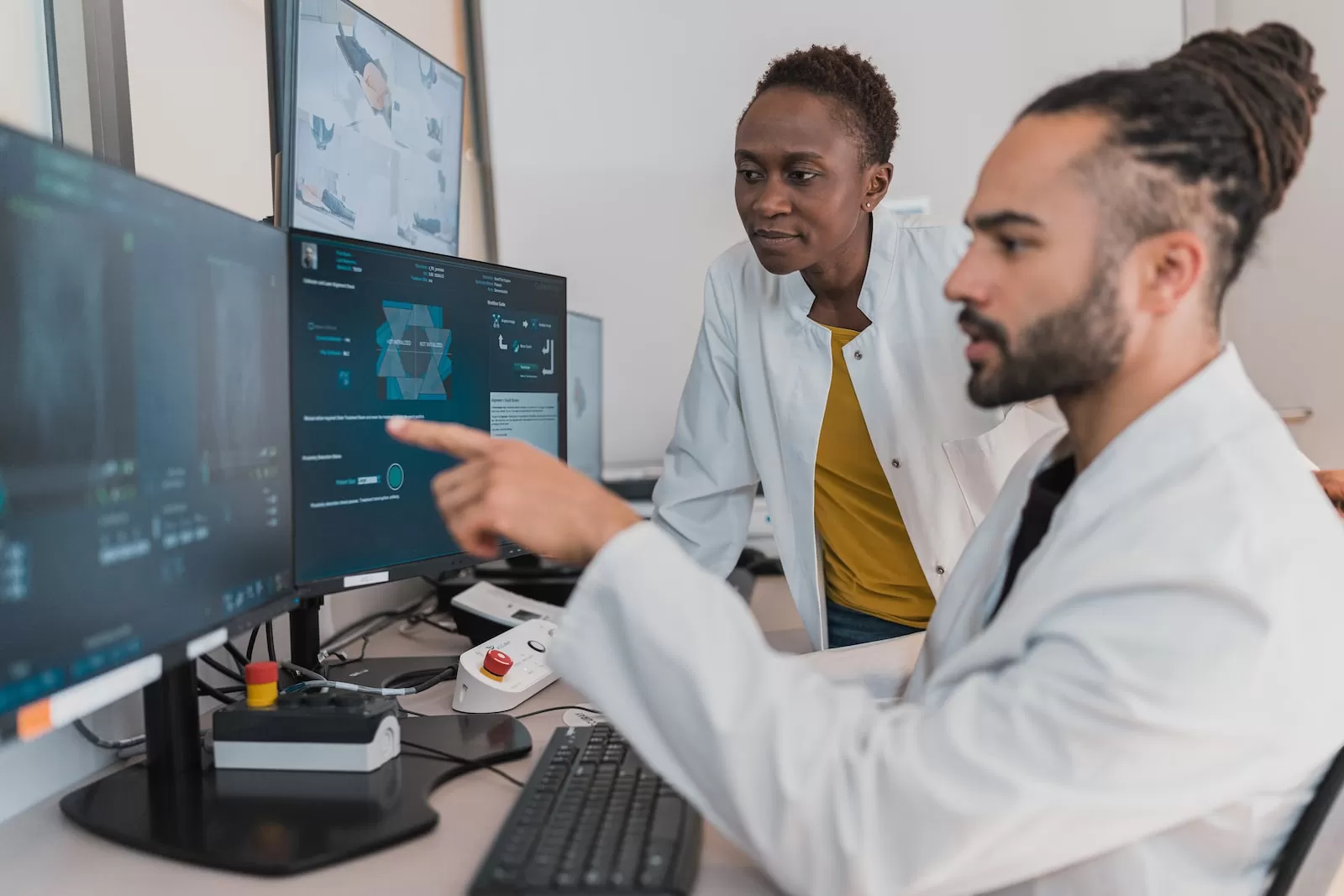

System with no central control
All of the standard medical equipment can be used with decentralized systems. This will completely eliminate any risk of harm, whether from man-made or natural causes. Indeed, researchers can utilise the power spared by these gadgets to conduct elaborate experiments on potential therapies, drugs, and solutions for a wide range of ailments and problems.
Studies in Health Care
Research on patients and clinical medicine can be analysed by scientists all across the world. Thanks to this, researchers in the medical field can freely exchange information while still adhering to strict privacy and security standards. It helps with small-population or drug-related side effects. Since more people can easily access and share data, blockchain technology can improve healthcare, research, and education.
Safeguarding the Privacy of Patients’ Health Information
Maintaining the trustworthiness of patient medical records is possible with the help of blockchain technology. This is due to the fact that blockchain technology allows for the storage of medical records, making it difficult to alter the record once it has been created. It’s a huge plus because a thorough medical record is crucial for both clinical and legal purposes.
Continual Surveillance and Data Access
Using the Internet of Things and wearables, blockchain technology can be utilised in real-time to record and update vital patient data, such as blood pressure and glucose levels. Doctors can keep tabs on high-risk patients around the clock, and in the event of an emergency, they can contact and alert their loved ones.
Independent Patient Identifier
In healthcare, discrepancies and duplicate patient files are common occurrences. It simplifies matters because it introduces novel approaches to even the most elementary data manipulation across a wide variety of EHR systems.
To counter this, blockchain technology has hashed all of the information and recorded it in a public ledger. During a name lookup, you may uncover several different addresses and keys, but these will all lead you to the same patient.
Human Subjects Testing in the Clinic
Clinical trials are the only reliable way to assess a drug’s efficacy in treating a particular ailment. Experts collect and document massive amounts of data during these assessments. By using blockchain technology, medical staff may check the legitimacy of any data entered into the system. It’s a way to store information securely, without the risk of tampering.
Cost-Effectiveness
Blockchain technology eliminates the need for any intermediary or centralized database during the information collection and transfer processes. Due to its absence, the healthcare system is efficient and cheap.
Conclusion
It’s also worth noting that, as the report suggests, implementing blockchain technology in the healthcare sector may not be a stroll in the park. There will be significant changes in the healthcare industry and the development of health apps using blockchain technology in the next few years. Apple, Amazon, and Google aren’t the only tech giants making moves in the healthcare sector, and integrating the technology will provide them with a proficient boost.
In conclusion, every blockchain development company will have to play their cards right to incorporate themselves into the healthcare sector effectively for rapidly expanding the healthcare benefits throughout numerous countries and organizations.





